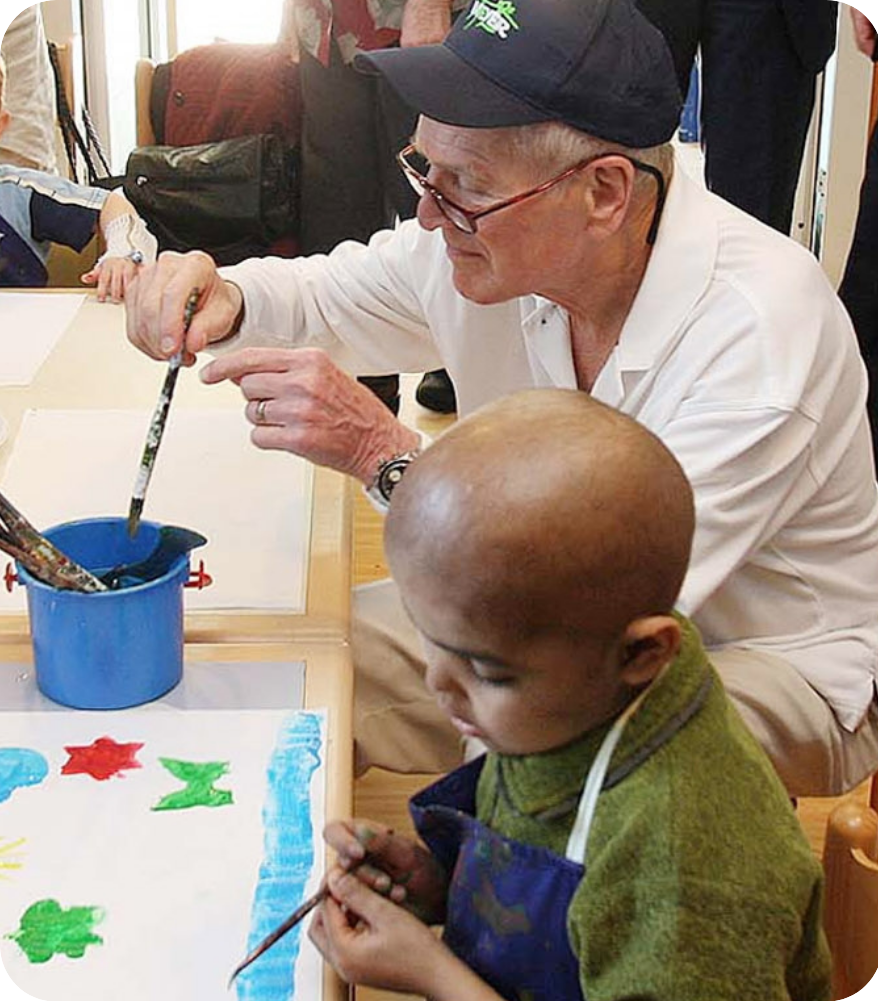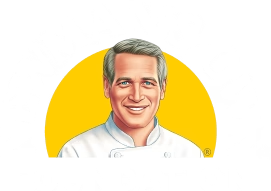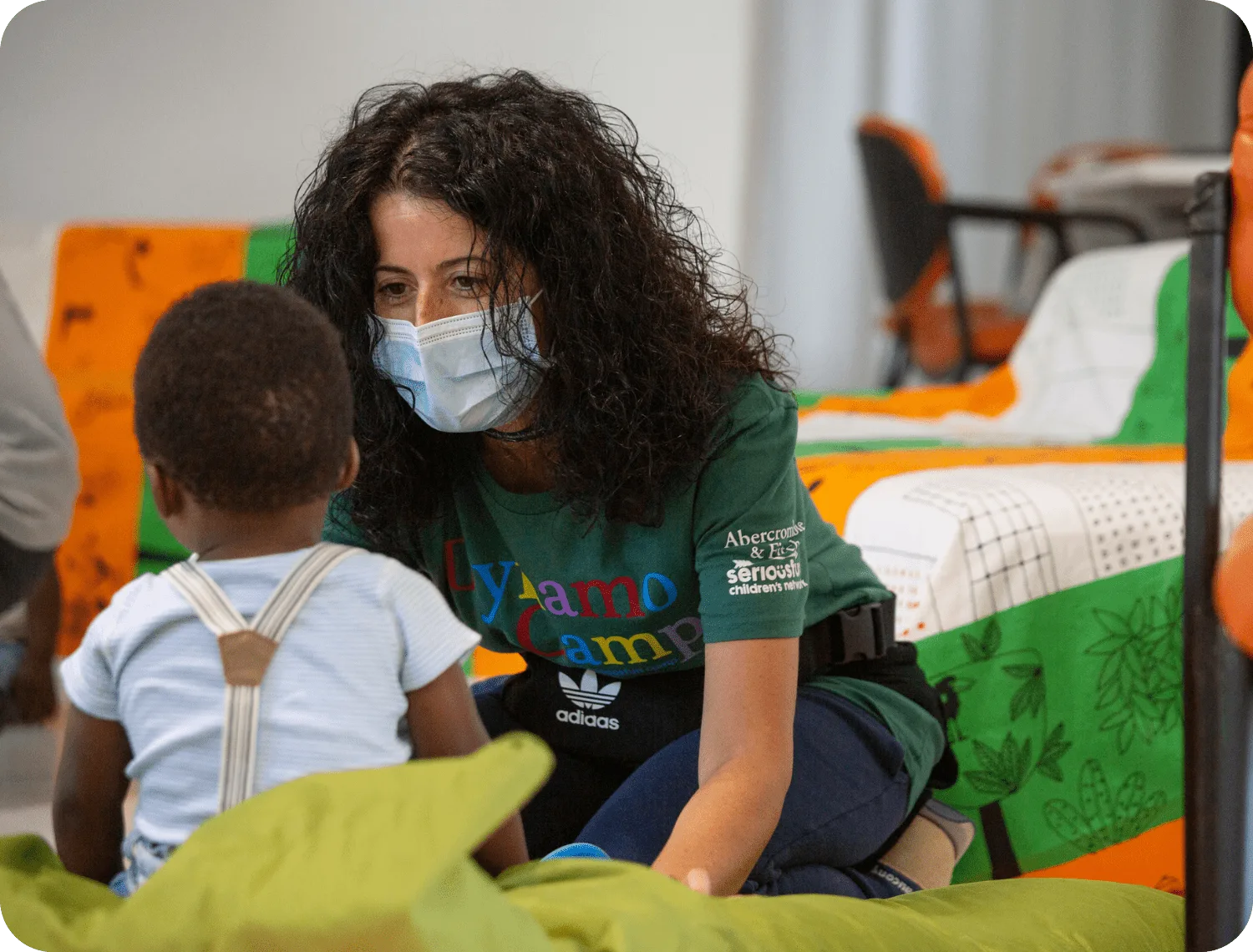“Volunteering at camp reminds me of why I went into medicine. Every once in a while, I would see a camper I took care of in the hospital. To see that child now running around and having fun is incredibly rewarding and a great reminder of the importance of the work I do.”
SeriousFun medical volunteer
SeriousFun camps have long been known for their life-changing impact on kids living with serious illness. Founded by legendary actor, race car driver, and philanthropist Paul Newman, SeriousFun Children’s Network (SeriousFun) is a global community of 30 camps and programs across the United States and the world. They deliver transformative camp and recreational experiences to children with more than 130 different serious illnesses and their families, always free of charge, staffed in part by volunteer nurses and physicians. It turns out volunteering at SeriousFun camps can mitigate stress and burnout for these healthcare workers, which is more important than ever.
The pandemic problem: burnout
Since the pandemic began in early 2020, concern has grown about healthcare professionals experiencing compassion fatigue and burnout, which can impact retention and well-being. These issues have been well-known challenges in the medical field for some time, especially in pediatric intensive care units, where nurses and physicians can report anywhere from 42% to 77% burnout fatigue. Around 100,000 nurses left the workforce during the pandemic, increasing already worrying burnout trends.
A solution: personalize the practitioner’s experience
Providing healthcare workers with opportunities to mitigate stress and help cope with burnout is critical in the medical world. While previously a lesser-known benefit of SeriousFun’s mission to serve kids and families, volunteering or working with SeriousFun seasonally might be one part of the solution. By taking a step away from the clinical setting and seeing kids and families in a different context—thriving outdoors and having the time of their lives—the camp experience can help connect healthcare workers back to why they got into the line of work in the first place.
A recent study of medical volunteers conducted by SeriousFun and the University of Colorado-Denver showed secondary traumatic stress (a natural but disruptive by-product of working with traumatized patients) was statistically significantly lower after volunteering at camp and stayed that way for three months. While healthcare providers provide critical medical care for campers, the camp experience also provides care back to the providers.

Volunteers: speaking to the power of camp
SeriousFun heard from practitioners whose camp experience significantly shifted their approach to patient care. “Volunteering at camp was a reset for me. It served as a ‘cup filler’ and I’m excited to return!” said one volunteer, while another credited the influence it has had on how they practice medicine day-to-day. “It made me more aware of the problems that sick children face at home and that I need to incorporate that into how I practice medicine.”
The volunteer experience can allow caretakers to zoom out and see patients as kids, according to another volunteer. “Camp was very helpful to keep what I do at work in perspective and to see the bigger picture of what I do. It was healing for me to see how alive, independent, and energetic these chronically ill children are and it makes me want to fight for them more at work…most of all I loved getting to know the campers as kids instead of as patients.”
How can SeriousFun play a bigger role?
SeriousFun transforms children’s lives. It also supports in meaningful ways the well-being of the healthcare professionals who care for them in and outside of camp. In doing so, SeriousFun has the potential over time to help transform healthcare at a more profound level: humanizing not only critically ill patients and the healthcare professionals that take care of them, but also the medical community and healthcare system itself.
The magic of camp is seeing the immense joy on the face of a kid being able to safely splash around the pool for the first time. The magic of camp is also that in doing so, it might just help put ‘care’ back into healthcare.



